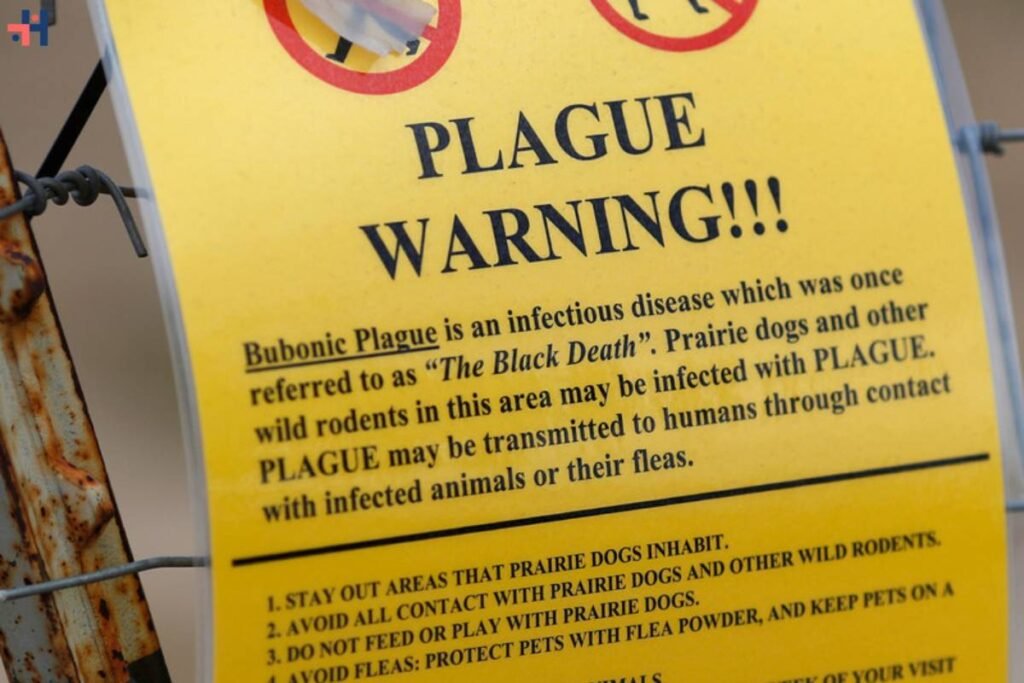(Source-KOMO-News)
Health officials in Oregon have confirmed a case of human/Bubonic plague in a Deschutes County resident, sparking concerns about the potential spread of the disease. The individual is believed to have been infected by their pet cat, marking a rare occurrence in the state. The Oregon Health Authority notes that while cases of plague are uncommon in Oregon, with the last reported instance dating back to 2015, the disease remains a serious public health concern.
Understanding the Threat
The bubonic plague, often associated with medieval times, is caused by the bacterium Yersinia pestis. In the United States, an average of seven human plague cases are reported annually, with approximately 80% of cases being the bubonic form of the disease. Primarily found in rural areas of the western and southwestern U.S., the plague is transmitted to humans or animals through the bite of an infected flea or through contact with an infected animal.
Notable cases of bubonic plague in the U.S. serve as stark reminders of the disease’s potential severity. In 2012, a central Oregon welder contracted the plague while attempting to rescue a rodent from his cat’s grasp, resulting in the loss of his fingertips and toes. Similarly, a Colorado teenager succumbed to a fatal case of the disease while hunting in 2015. Last year, Colorado officials confirmed at least two cases, one of which was fatal, underscoring the ongoing threat posed by the plague.
Recognizing Symptoms and Taking Precautions
Symptoms of bubonic plague typically manifest within two to eight days after exposure and may include fever, nausea, weakness, chills, muscle aches, and swollen lymph nodes known as buboes. If left untreated, bubonic plague can progress to more severe forms, such as septicemic plague and pneumonic plague.
Oregon health officials confirm first human bubonic plague case
Prompt Treatment and Prevention
Fortunately, the recent case in Oregon was identified in its early stages, allowing for prompt treatment. Health officials stress the importance of taking precautions to prevent the spread of the disease. Recommendations include avoiding contact with rodents and their fleas, keeping pets on leashes and utilizing flea treatment products, discouraging cats from hunting rodents, and eliminating rodent habitats around homes.
While the confirmed case in Oregon is an isolated incident, health authorities remain vigilant in monitoring for any further spread of the disease. Public awareness and adherence to preventive measures are crucial in mitigating the risk of bubonic plague transmission. By following recommended guidelines and remaining proactive in addressing potential risks, communities can help safeguard against the threat posed by this ancient disease.










